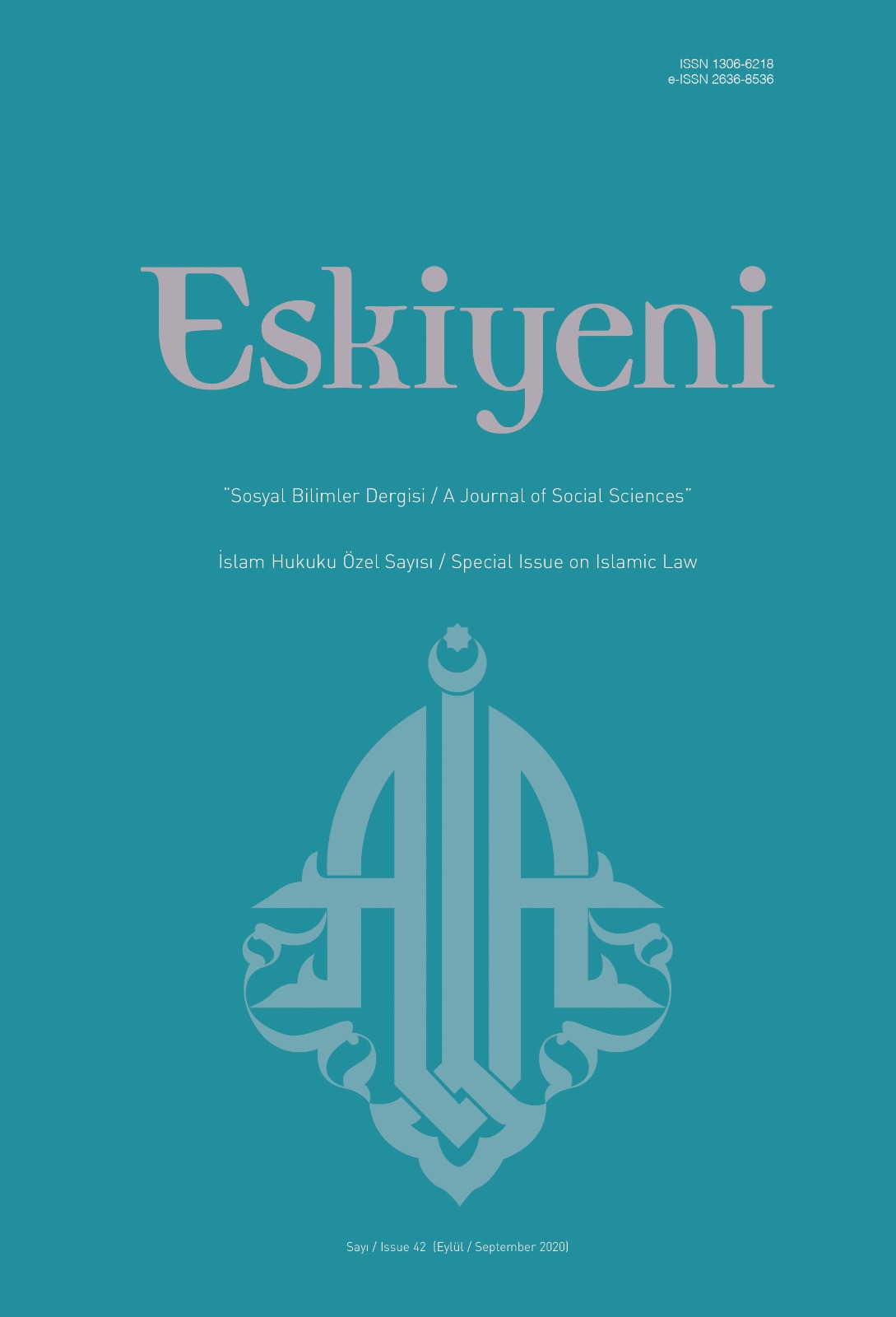Ahlâk ve Siyasetin Belirleyici İlkesi Olarak Adâlet: Mâverdî Merkezli Okuma
Justice as the Determining Principle of Morality and Politics: al-Māwardī Based Reading
Author(s): Fatih AydınSubject(s): Public Administration, Theology and Religion, Islam studies, Politics and law, Politics and religion
Published by: Anadolu İlahiyat Akademisi
Keywords: Moral; al-Māwardī; Justice; State Administration; Virtue;
Summary/Abstract: In this article, it is aimed to examine the understanding of justice in the context of al-Māwardī’s moral and political thought. In the tradition of Islamic thought, although justice is generally examined with its philosophical / theoretical content, the works written on its application in practical life are limited. In this study, we will trace al-Māwardī’s approach to how justice should be applied in practical life, from ethics to politics and state administration, based on his own works. In al-Māwardī’s thought, ethics and politics that united in the virtue of justice, are considered as two basic fields that complement each other. Besides being a virtue in itself, justice as a moral concept is the main virtue from which the virtues originate. He emphasizes that the person must first be just to himself by establishing a relationship be-tween the justice and moderate. This is possible if a person stands in moderate between excess and deficiency/inadequacy, directs oneself to the good and the right, and prevents oneself from bad deeds. Since justice is the preference of the balanced in one’s behavior, a person who cannot show good and right behaviors torment himself.al-Māwardī’s discusses the justice under two headings as justice against into oneself and others. Being, being on the right path, avoiding nasty things and not exceeding the limits in his behavior, etc. can be listed as justice to oneself. Justice towards others me-ans that people act in a balanced way in accordance with social life/etiquette. The fairness of the administrator in approaching his/her citizens is also considered within this scope. Because in politics, justice is the basic principle that determines the principles that regulate the individual-individual, individual-state, state-individual relationship. Justice that the indispensable principle of living together has many aspects such as from the words and actions of the individual to the rule of law and income distribution. Recognizing the need for morality in politics, al-Māwardī aimed to establish an effective and realistic administration theory based on moral principles in politics, and therefore urge the justice as the first principle of state administration. In this respect, justice is regarded as a basic principle that determines the rules of the relationship between the ruler and the ruled, as a fundamental duty of the state, as well as being a moral virtue. al-Māwardī emphasized the comprehensive justice principle in order the justice encompass the entire society within the framework of the rule of law. He also acknowledge the justice as a balancing factor for the power and legitimacy of power. According to him, justice that encompasses everyone is an important principle that ensures order and unity in society. Thanks to the comprehensive justice, the people's commitment to the administration increases, the country becomes prosperous, so the administrator can be safe. In this way, justice becomes a tool that ensures the legitimacy of the actions of political administration. al-Māwardī, who sees justice as the balancing factor of the power, associates the ideal practice of justice with religious values and the qualities of the ruler.In order for the state administration to function in a healthy and purposeful way, al-Māwardī emphasizes principles rather than institutions, and he states that the state organs that will exercise justice should not give up the principles on the distribution of justice. The administrator should act on the principle of equality by starting with himself, and then pay attention to the appointment of judges who will execute the distribution of justice and to speed up the trial. Likewise, al-Māwardī sees justice as a principle limiting the powers of the ruler. In this respect, justice is an important balancing factor that determines the limits of the ruler’s approach to his people and ensures the legitimacy of the government. This approach of Mâverdî has been considered valuable by some political philosophers since it aims to establish an authority based on rights and justice instead of authority based on power. As a result, it seems that according to Mâverdî, who emphasizes justice everywhere in his works, justice is a unchanging fundamental virtue in every field from individual life to state administration.
Journal: Eskiyeni
- Issue Year: 2020
- Issue No: 42
- Page Range: 1077-1094
- Page Count: 18
- Language: Turkish

